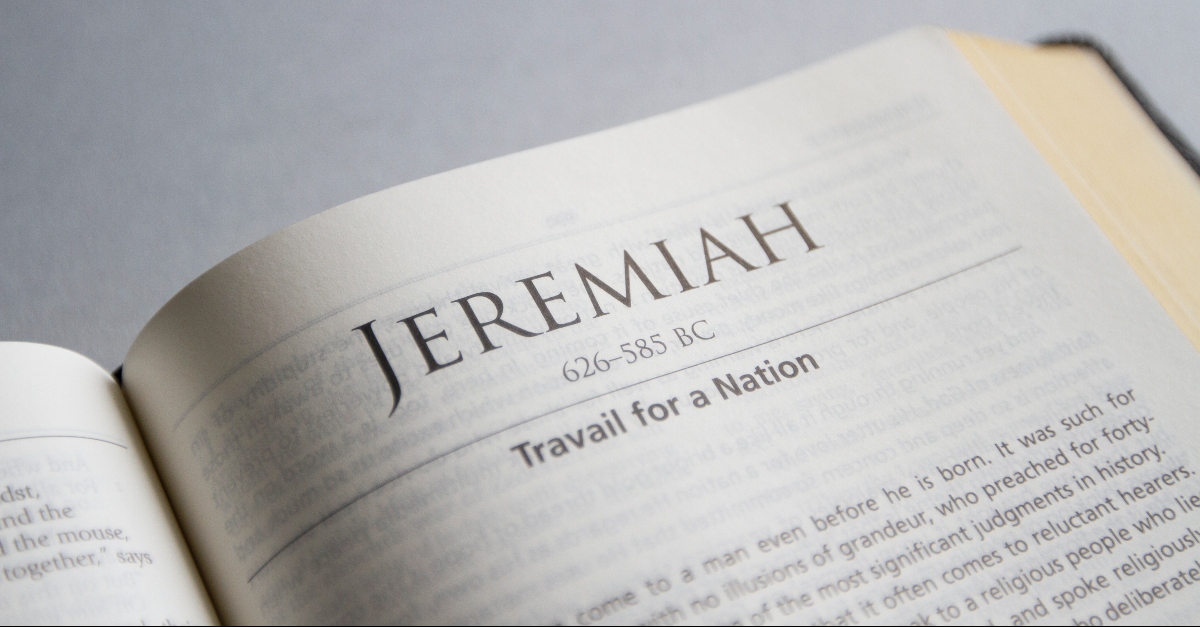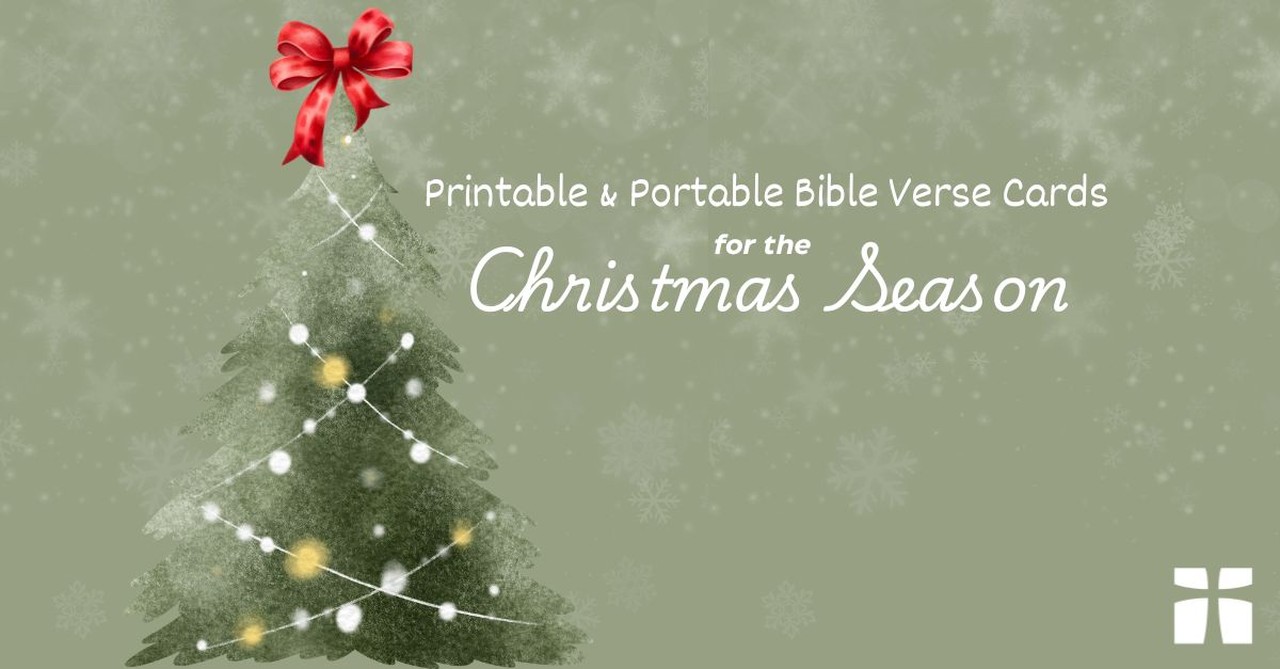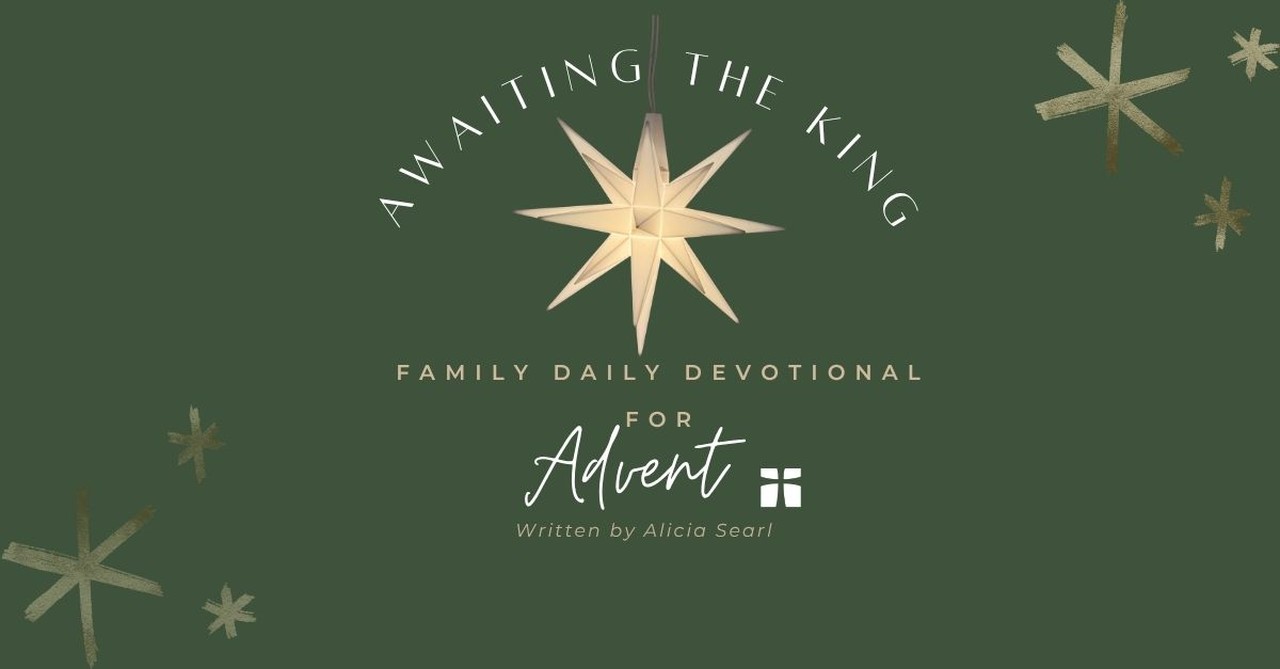Jeremiah
These are all of the chapters of the book of Jeremiah. Clicking on a chapter will show you the text of that chapter of Jeremiah in the Bible (New International Version).

Who Wrote the Book of Jeremiah?
Jeremiah, a prophet called by God at the approximate, yet not definitively known, age of twenty years old, was born in the small village of Anathoth near Jerusalem. Born of a line of priests (his father Hilkiah a Levite priest), Jeremiah does not seem to have served as one (Moody). There are many possible meanings for his name: “Yahweh hurls,” “The Lord throws,” “Yahweh founds,” or “The Lord establishes.” “The Lord commanded Jeremiah not to marry and raise children,” states the NIV Study Bible, “because the impending divine judgment on Judah would sweep away the next generations.”
Jeremiah had few friends, his secretary Baruch being the closest to him. Though timid in character, God equipped Jeremiah to deliver a hard message to the people he loved. Jeremiah 1:9 says, “Then the LORD reached out his hand and touched my mouth and said to me, ‘I have put my words in your mouth.” Matthew Henry’s Commentary explains that because Jeremiah was so young when God called him, it wasn’t necessary to purify him as the much older Isaiah was with a coal of fire to the tongue to remove impurities (Jer.1:9).
Context and Background of Jeremiah
Timeframe
The forty to fifty years Jeremiah prophesied began during the 13th year of the reign of King Josiah and continued on through the corrupt kings that followed, the eventual fall of Jerusalem, and the exile of God’s people. (627BC-582BC) Though God’s people experienced a revival during Josiah’s reign, they returned to their rebellious state. This tumultuous time period included threats to Judah by Assyria and Egypt, and then Babylon, by which Jerusalem fell. Jeremiah remained with the remnant of survivors in Egypt until his death.
Setting
Jeremiah grew up three miles from Jerusalem in the small village of Anathoth. He lived in the city of Jerusalem during much of his ministry, an eyewitness to its devastation an eventual fall. Often called “the weeping prophet,” he watched the great city of Jerusalem, his home, overturned and destroyed. During this time period, Assyria, Egypt, and Babylon battled for control over the ancient world. Judah was caught in the middle. After the great city fell and the governor Gedaliah was murdered, Jeremiah traveled with the remnant of survivors to Egypt where he eventually died around 80 years of age.
Recipients
The great prophet spoke to God’s people in Judah and Jerusalem. He specifically addressed their sins and rebellion against God, warning them of the consequences and then watching them unfurl. To the remnant of survivors, he prophesied a new hope in the coming Messiah. Though Jeremiah specifically addressed Judah’s kings, priests, and prophets, the Moody Bible Commentary states, “the writer of Scripture knew the message was profitable for all who read it.”
Main Theme and Purpose of Jeremiah
The Book of Jeremiah is the longest book in the Bible. Judgment, repentance, faith, and restoration are major themes. God’s people struggled to resist rebellion. During the reign of King Josiah, the people experienced a revival in their faith and status with God. But upon his death, they returned to idolatry. “The purpose of Jeremiah’s prophesy,” states The Moody Bible Commentary, “is to encourage repentance and faith by revealing the Lord’s faithfulness to His promises both to discipline and restore Israel.”
Jeremiah impressed the importance of genuine faith, reaching beyond ceremony and circumstance to authentic worship of the Lord. He tells of God’s character and ability to uphold His promises. “Jeremiah ascribed the most elevated attributes to the God whom he served, viewing him as the Lord not only of Judah but also of the nations.” (NIV) His great faith allowed Jeremiah to endure hardship and persecution, especially in his hometown of Anathoth.
Jeremiah spoke in specific detail of the coming judgments to Judah through conquering by other nations a 70-year exile to a foreign land. God’s people had fallen into idolatry and worshipping other gods, even heathenistic practices such as child sacrifice.
The prophet spoke in detail of the consequences God’s people could expect if they did not repent. He warned in an urgent way so as to cause his people to repent and turn from their rebellion against God to avoid the impending destruction.
In the “Book of Consolation” (Chapters 30-33), Jeremiah offers the hope of restoration to the remaining remnant of Judah’s survivors. Exiled from their homeland, he is as grieved as they. Though they ignored warnings of the consequence of their rebellion, he tells them of God’s plan to restore and renew them. The Messiah, who would bring light and hope to the world once more, was coming. In Jeremiah 31:31, he tells the people the law of God will be written on the hearts of men.
What Can We Learn from Jeremiah Today?
Jeremiah was self-conscious and very critical of himself, but God met him in those weaknesses with His strength. Through his life, we learn nothing can stop God’s purpose for ours. Matthew Henry commented on Jeremiah’s staying power when the good king Josiah died and corruption and destruction consumed Judah the rest of his ministry: “but he continued through all the wicked reigns that followed; for when we set out for the service of God, though the wind may then be fair and favorable, we know not how soon it may turn and be tempestuous.”
Ever unpopular and often hated, the prophet obediently exposed his people for the depths of their sin, but still loved and prayed for them. “He was called to be a teacher in his youth,” Wesley’s Explanatory Notes state, “being sanctified and ordained by God to his prophetical office from his mother’s womb.” For approximately fifty years and through many hard seasons, God worked through Jeremiah. God has a purpose for our lives today, and through Jeremiah, we can develop trust in the efficiency and timing in which He makes every day of work for the good of His Kingdom.
The words God gave Jeremiah to speak were against his sympathetic nature. The very people he loved so deeply made an enemy out of him. We learn from his life how faithful our God is to be our strength in impossible situations. At one point, when the Book of the Law had been taken and burned, Jeremiah spoke it to his scribe, Baruch, to produce another copy. Jeremiah kept going, not only against all odds but despite his fear and what he felt like doing. His challenges encourage us to have hope amidst destruction.
We live in a world that experiences terror, injustice, and destruction every day. God’s promise to His people in Jeremiah’s day is still true today. Our hope is in the Messiah, Jesus Christ, who came just as Jeremiah and the other prophets predicted. Many prophesies of great detail were fully fulfilled with Jesus’ birth, life, and death on earth. We can trust God with the details. For believers, it gives us hope not only to endure harsh elements of this modern world pressing in but to exude an inexplicable joy amidst it all. Our hope is not in this world, and so this world cannot take it from us. From the Book of Jeremiah, we are reminded that though we may wander far from God, He will always forgive us, and never love us less. He will never leave us or forsake us, and His hand will provide for and sustain us in our weakness. The book of Jeremiah reminds us to be Kingdom focused, running towards the goal of abiding His presence for eternity in heaven.
Our Favorite Verses from Jeremiah
Jeremiah 1:5: “Before I formed you in the womb I knew you, and before you were born I consecrated you; I appointed you a prophet to the nations” (ESV).
Jeremiah 1:7-8 “But the LORD said to me, ‘Do not say, “I am only a youth,” for all to whom I send you, you shall go, and whatever I command you, you shall speak. Do not be afraid of them, for I am with you to deliver you, declares the LORD’” (ESV).
Jeremiah 5:18 “But even in those days, declares the LORD, I will not make a full end of you” (ESV).
Jeremiah 10:6: “There is none like you, O LORD; you are great, and your name is great in might” (ESV).
Jeremiah 17:7-9: “‘Blessed is the man who trusts in the LORD, whose trust is in the LORD. He is like a tree planted by water, that sends out its roots by the stream, and does not fear when heat comes, for its leaves remain green, and is not anxious in the year of drought, for it does not cease to bear fruit.’ The heart is deceitful above all things, and desperately sick; who can understand it?” (ESV).
Jeremiah 29:11: “For I know the plans I have for you, declares the LORD, plans for welfare and not for evil, to give you a future and a hope” (ESV).
Jeremiah 31:3: “the LORD appeared to him from far away. I have loved you with an everlasting love; therefore I have continued my faithfulness to you” (ESV).
Jeremiah 33:3: “Call to me and I will answer you, and will tell you great and hidden things that you have not known” (ESV).
Sources
Matthew Henry’s Commentary, Jeremiah. International Standard Bible Encyclopedia Online. internationalstandardbible.com (November 2019). NIV Study Bible, Intro to Jeremiah. biblica.com (November 2019). The Moody Bible Commentary, 2014. Wesley’s Explanatory Notes, biblestudytools.com (November 2019)
 Meg writes about everyday life within the love of Christ. She earned a Marketing/PR degree from Ashland University, and stepped out of the business world in 2008 to stay home and raise her two daughters …which led her to pursue her writing passion as a blogger, freelance writer, and author. A contributing writer for Salem Web Network since 2016, Meg is now thrilled to be a part of the editorial team at Salem Web Network. You can find her entire body of work on her Amazon Author Page.
Meg writes about everyday life within the love of Christ. She earned a Marketing/PR degree from Ashland University, and stepped out of the business world in 2008 to stay home and raise her two daughters …which led her to pursue her writing passion as a blogger, freelance writer, and author. A contributing writer for Salem Web Network since 2016, Meg is now thrilled to be a part of the editorial team at Salem Web Network. You can find her entire body of work on her Amazon Author Page.



